I used to associate good ideas with complexity.
I thought that to create something relevant, you needed a bold plan, an impeccable structure, and a textbook strategy.
But life—and entrepreneurship—taught me otherwise.
The best ideas are, most of the time, the simplest. They are the ones that solve a real problem, with clarity, purpose, and the courage to begin.
Simplicity has a power that many people underestimate. It doesn’t need to impress; it needs to work.
When I founded SEDA, there wasn’t a grand plan for global expansion.
There was only one perception: there were people arriving in Ireland with the same fear and the same difficulties I had faced.
The idea was simple—to create a school that not only taught English but helped these people adapt, believe in themselves, and reinvent themselves. This simplicity is what gave meaning to everything.
Over time, I realized that complexity often stems from fear.
We create processes, layers, and theories to make it seem like we are more prepared than we actually are.
But in practice, the more complicated the idea, the harder it is to put it into action. And entrepreneurship is, above all, about taking action.
Simplicity is not a lack of depth—it’s clarity. It’s knowing what needs to be done, for whom, and why.
Simplicity connects. It speaks directly, inspires confidence, and adapts. It’s what makes a company grow, a brand become relevant, and a message cross borders.
When you understand the problem in depth, you realize that the solution is rarely sophisticated—it’s objective. The secret lies in seeing the essential and eliminating the excess.
I also learned that simplicity is what survives. Complex ideas become fragile in the face of change. Simple ones, on the other hand, adjust, evolve, and remain.
Clarity is the foundation of true innovation. It’s what allows people to engage, understand, and believe in the purpose behind the project.
Today, when someone presents me with an idea, what interests me most is not how elaborate it is, but how clear it is.
Because in the end, the ideas that truly change the world are not the ones that seem brilliant, but the ones that make sense.
And making sense, I’ve learned, is the most powerful thing there is.
